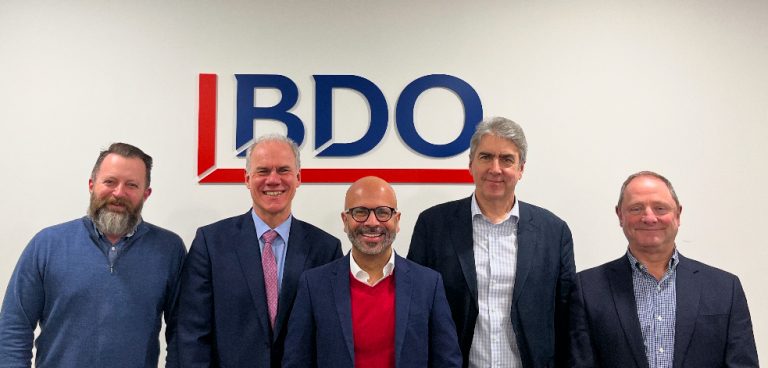Soft furnishings company falls into administration
Paragon supports Midlands property developers through £150m development finance
- £21.1 million funding for the second phase of Elevate Property Group’s Silk Yard Development in Derby
- £5.4 million funding for a 34-unit scheme in Nottingham for Hockley Developments Ltd
Balfour Beatty to sell Derby rail measurement business to Hitachi
Yü Group delivers “strong” 2024
Nottingham-based Yü Group, the independent supplier of gas, electricity, meter asset owner and installer of smart meters to the UK corporate sector, has “delivered a strong 2024.”
According to a trading update for the financial year ended 31 December 2024, revenues grew 40% and are expected to be approaching £650m.
Meanwhile, delivery of 2024 EBITDA margin is forecasted above expectations, driven by strong contract profitability in the second half of the year, robust hedging policy and tightly managed bad debt.The year saw continued growth in Yü Energy, during which meter points supplied increased 65% to 88k, and volume of energy supplied (EQVS) increased organically by 78%.
Average monthly new bookings, however, of £42.6m was down from £55.5m in 2023, reflecting a softer commodity pricing environment.
Revenue contracted for the next financial year increased 9% to £566m.Progress was also mode at Yü Smart, with continued scaling up of meter installs growing 169% in the year to 22.9k.
Bobby Kalar, CEO of Yü Group, said: “The Group has delivered a strong 2024 and I’m delighted, once again, to update shareholders on our progress.
“Yü Energy, our supply business, has seen a c.40% increase in revenue despite lower commodity pricing, and we enter 2025 with 88,000 meter points, up 65%.
“Yü Smart continues to deliver incredible advantages to our customers and the Group, and we now have national coverage of skilled engineers. We have financed 27,200 smart meter assets which provide a growing index-linked annuity income stream alongside other significant benefits to our customers and our own operation.
“I look back with pride on our journey and the hard yards invested, which have seen a quadrupling of revenue in the last four years. While our increased scale suggests a lower organic growth rate in the future, our Group is well placed to continue to take market share with a significant opportunity remaining.
“Our business is in good shape across Yü Energy and Yü Smart to continue to deliver. We have a fantastic and dedicated team in place, and I’d like to thank them for all the work done in delivering yet-another record year.”
Weakening consumer confidence and unseasonal weather conditions hit revenue and profit at Shoe Zone
Shoe Zone has seen a fall in revenue and profit, as weakening consumer confidence and unseasonal weather conditions hit the Leicester business.
According to audited results for the 52 weeks to 28 September 2024, revenue was £161.3m, down from £165.7m in the prior year.
While store revenue reduced by 6.5% to £126.1m, trading out of 26 fewer stores, digital revenues increased by 13.9% to £35.2m, driven by an increase in conversion, due to the introduction of free next day delivery on all shoezone.com orders and strong Amazon sales.
Profit before tax stood at £10.1m, declining from £16.2m, which the firm said was “primarily due to the challenging second half trading environment, as a result of unseasonal weather conditions, particularly in peak summer, higher container prices, higher energy costs, higher depreciation charges due to increased capital expenditure, and higher wage costs due to the National Living Wage increase.”
The business told the London Stock Exchange: “Shoe Zone had a good year, essentially split into two halves. The first six months saw strong and consistent trading, followed by disappointing store sales, due to the weakening of consumer confidence and unseasonal weather conditions, particularly during peak summer.
“That said, the key back to school trading in the second half was positive, and ahead of the previous year, as were Digital sales, which had strong growth for the full period.”












